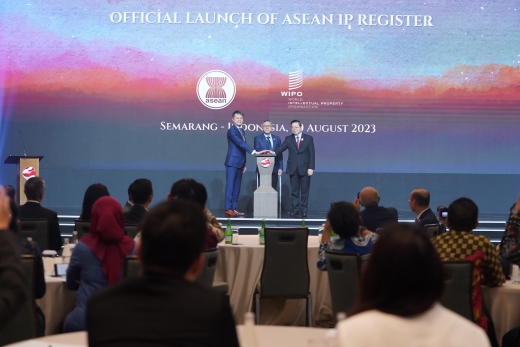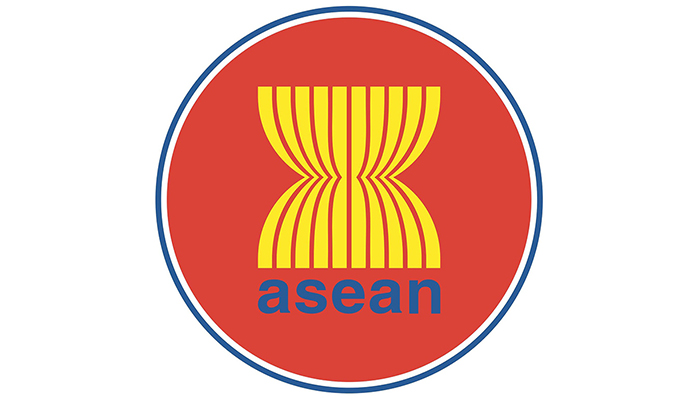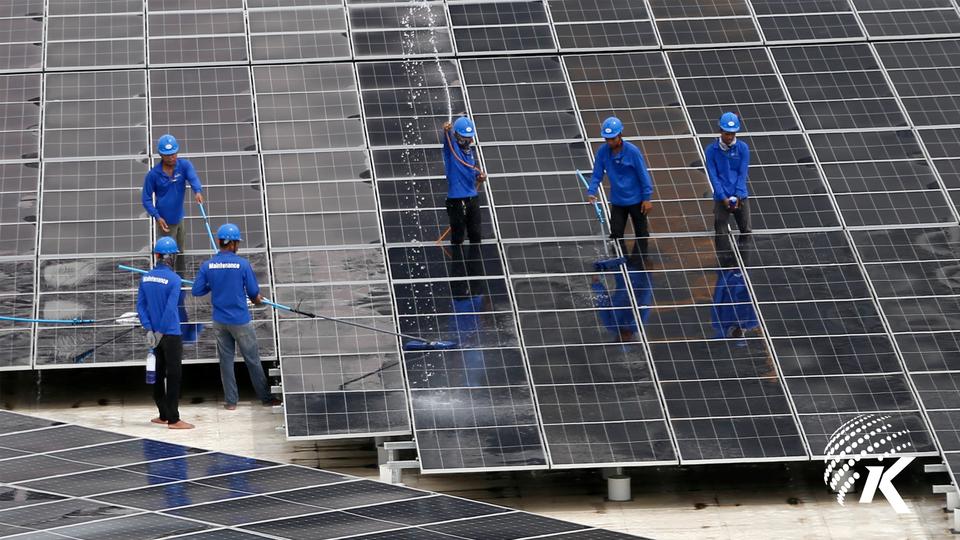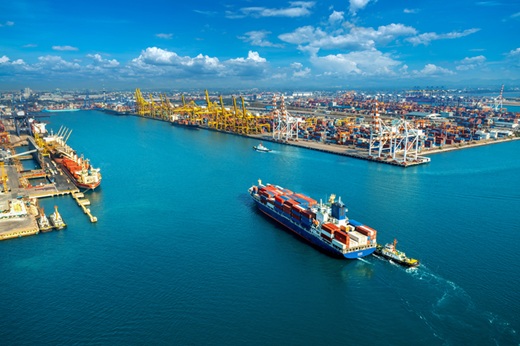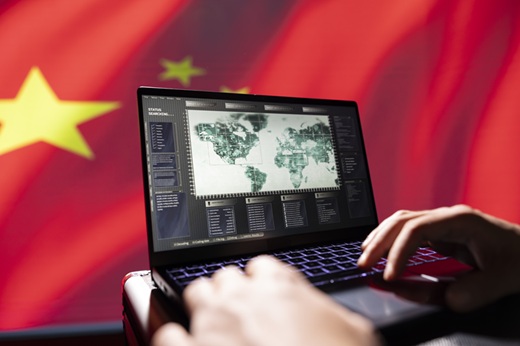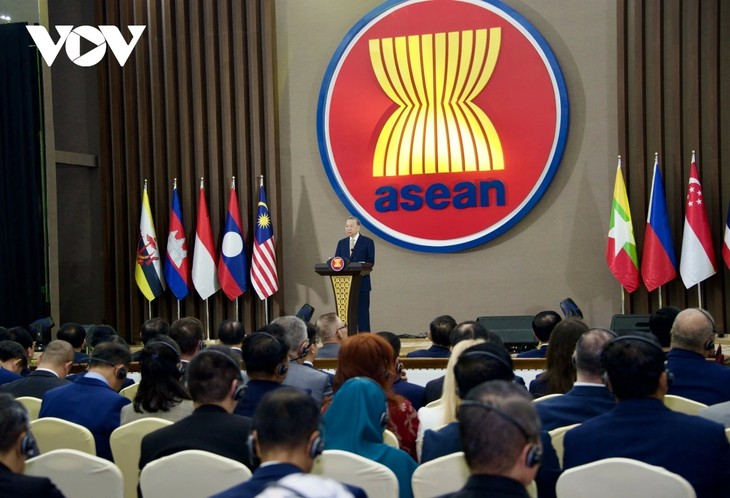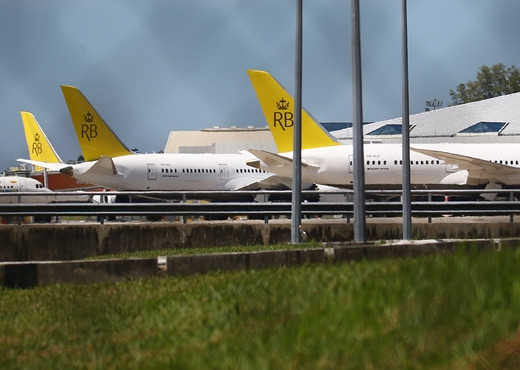The UK Government, through the UK Foreign, Commonwealth & Development Office and in collaboration with ASEAN, has launched an online toolkit to encourage cross-ASEAN trade and investment to strengthen regional supply chains for medical technologies. The toolkit showcases the attractiveness of the ASEAN MedTech sector, complemented by interactive tools for MSME use.
ASEAN is among the world’s fastest-growing markets for MedTech, with a projected compound annual growth rate of 9.2% - faster than the global average of 6.8%. There are multiple advantages that make the ASEAN region ideal for MedTech investment: an attractive labour market, availability of raw materials, evolving infrastructural support, integrated supply chain and a growing and dynamic market have made ASEAN the top destination for both ASEAN & international investors, as evidenced by strong growth in foreign direct investments.
This toolkit:
- Consolidates top of mind questions for MedTech MSMEs & global firms to explore pan-ASEAN investment
- Serves as a knowledge base to understand incentives & regulations across MedTech opportunities
- Discovery platform for MSMEs on supplier database and/or navigate suppliers in the region
- Showcases case studies how global MedTech companies have leveraged strengths of each ASEAN country to set up a regional value chain.
Visit www.aseanmedtech.com to find out more.


